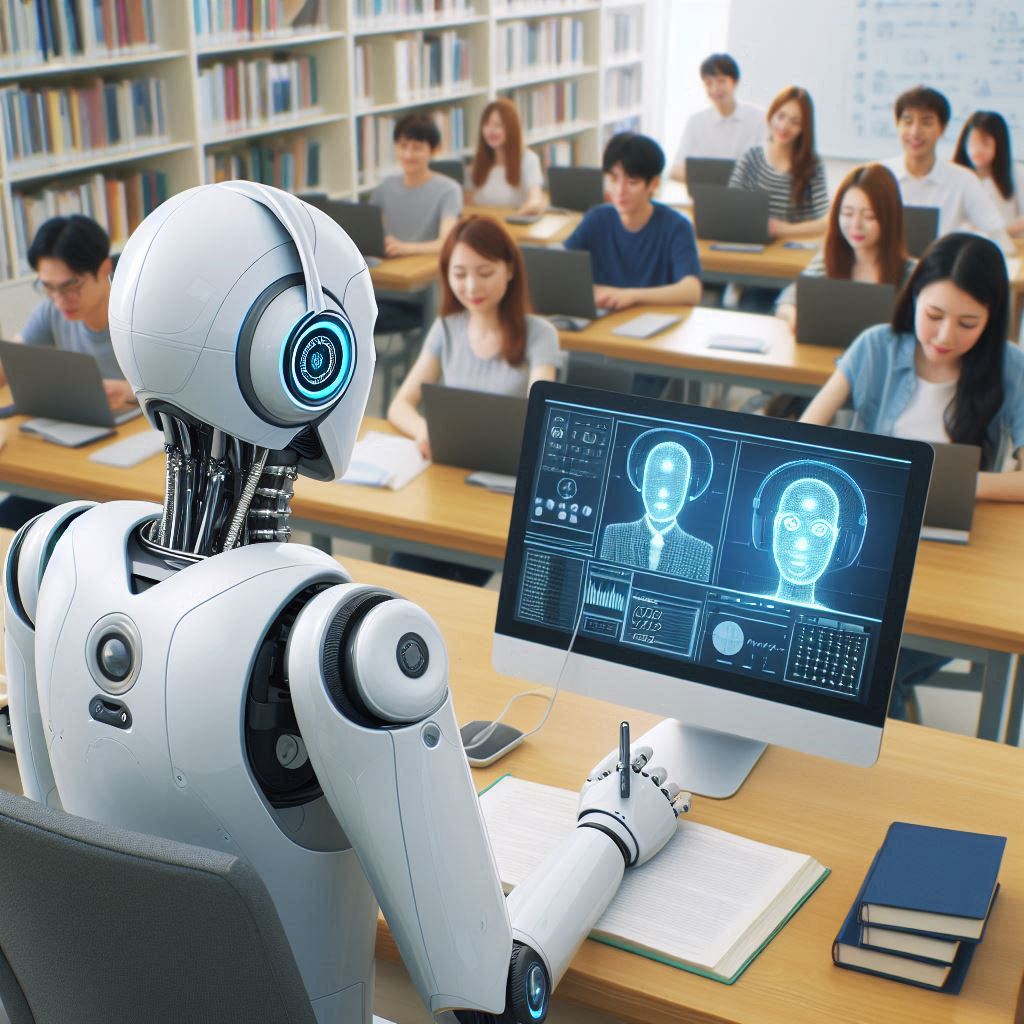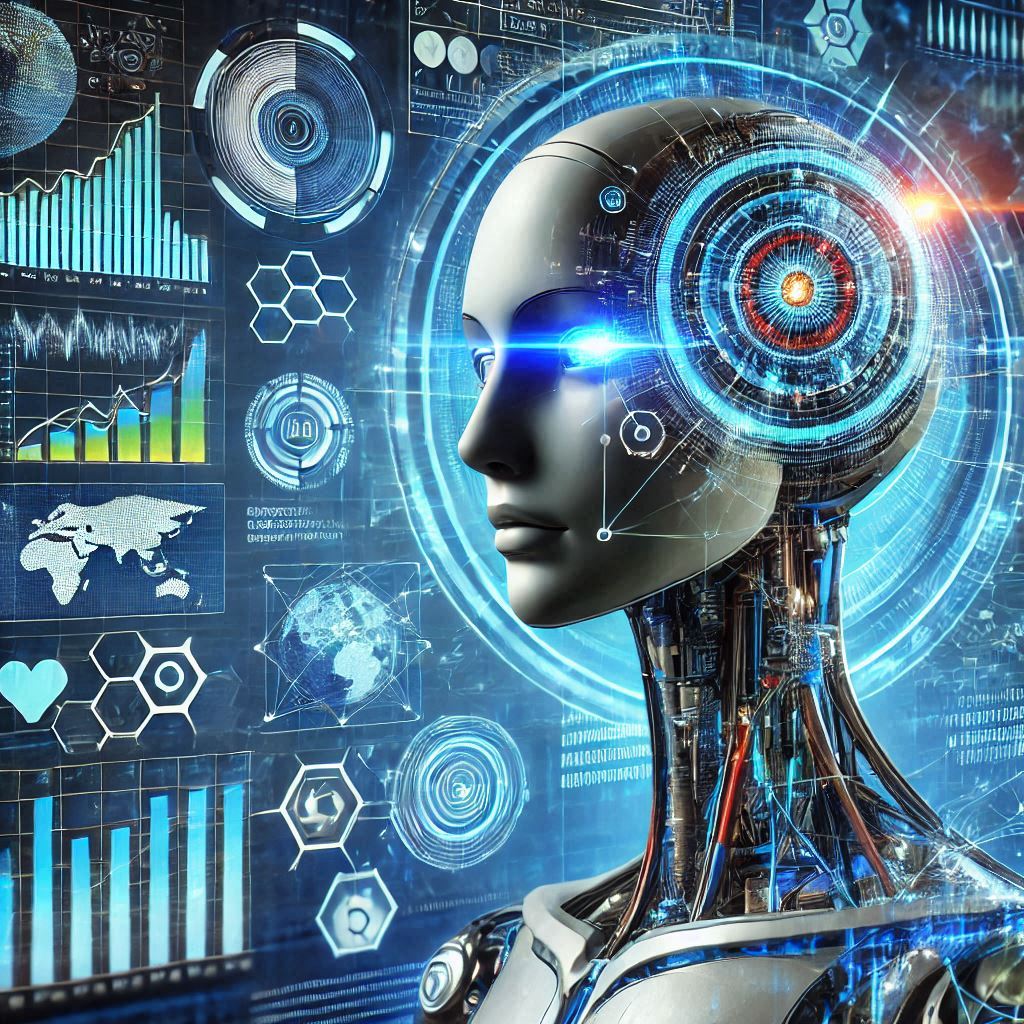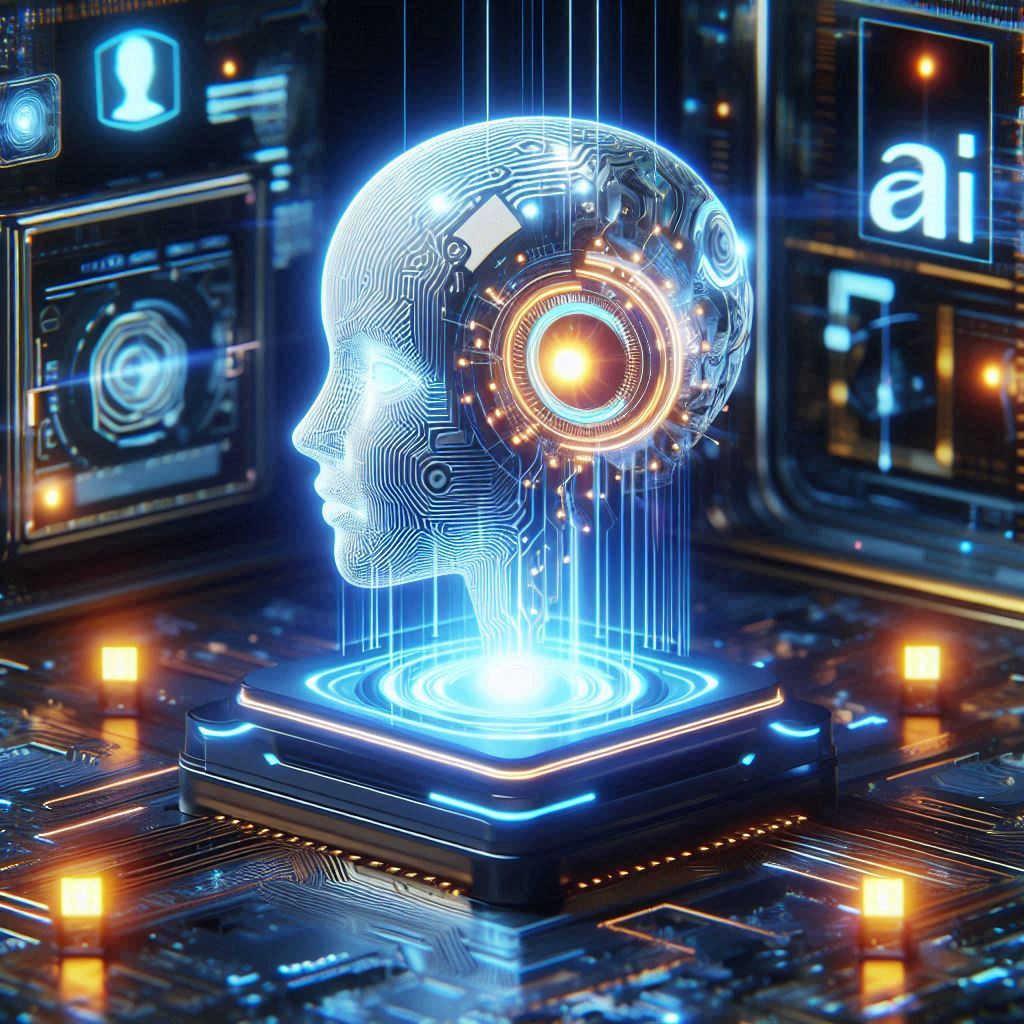How grants can support training and upskilling
During recent discussions with the grants community it has become apparent that there are specific sectors and industries that align well with grants. If you take an example such as artificial intelligence, grant funding could be used in many different ways some of which may be less obvious than you might think. The obvious application … Read more









